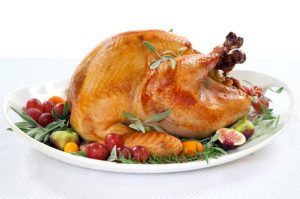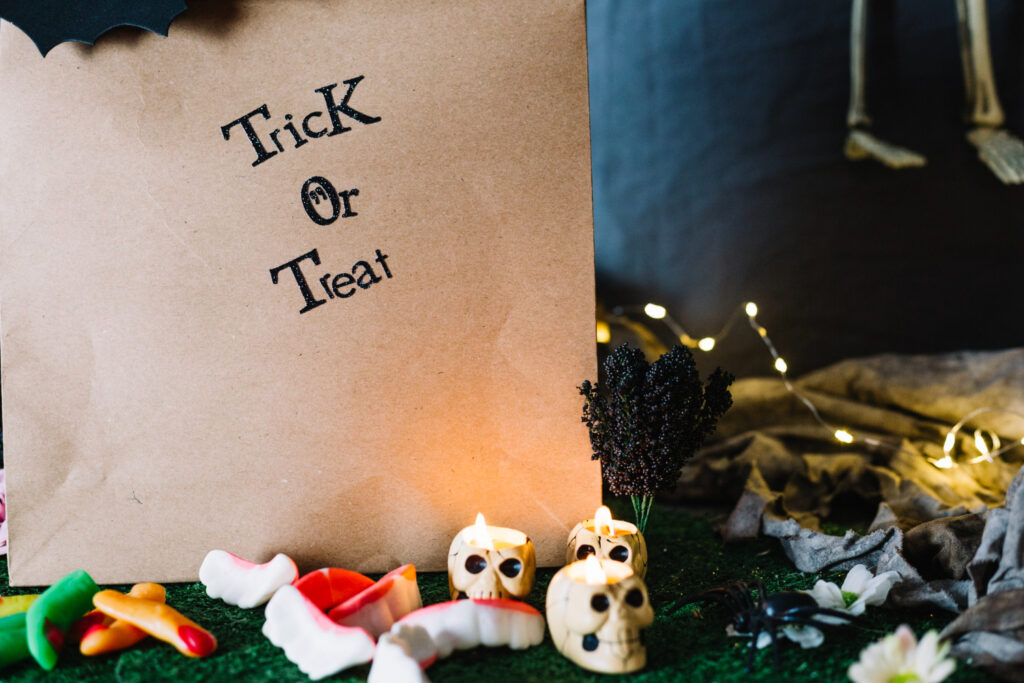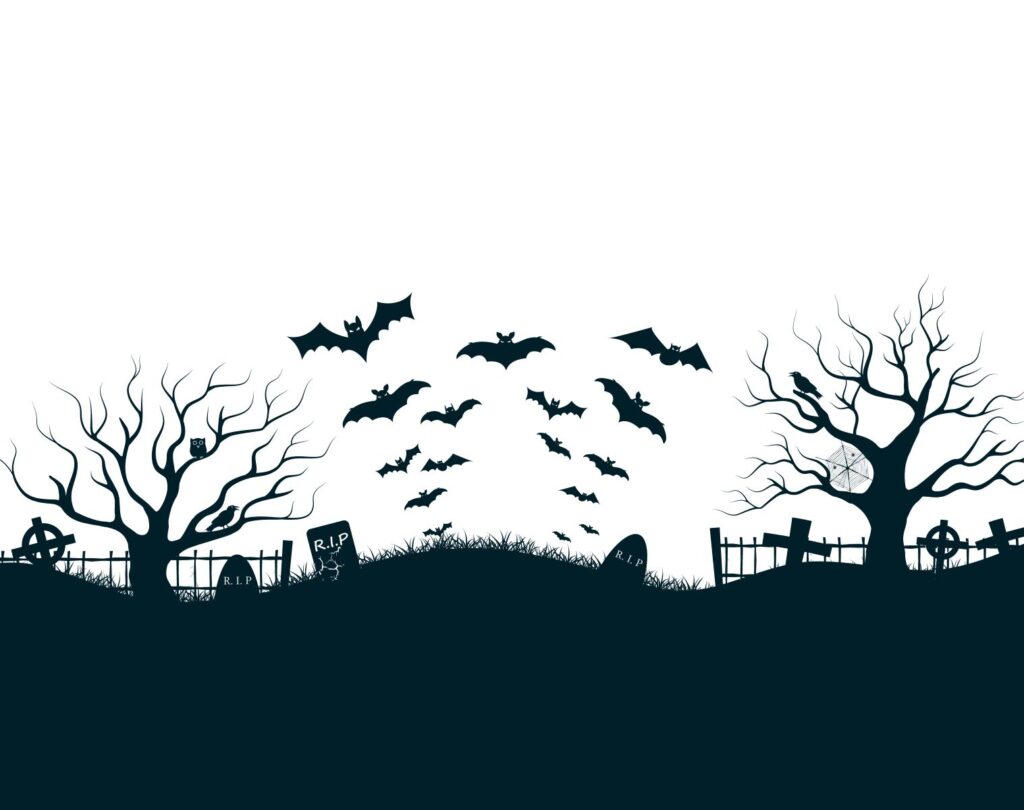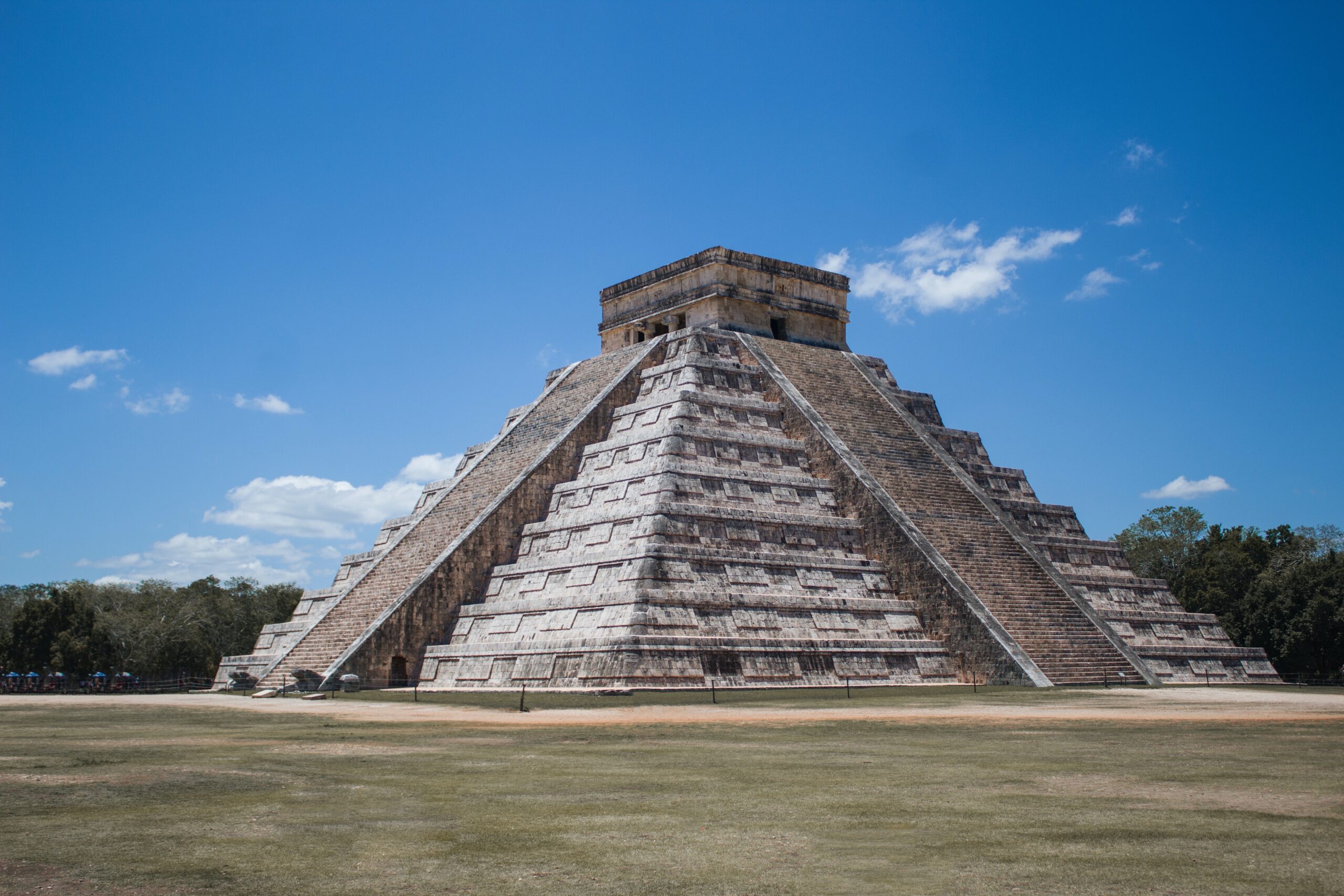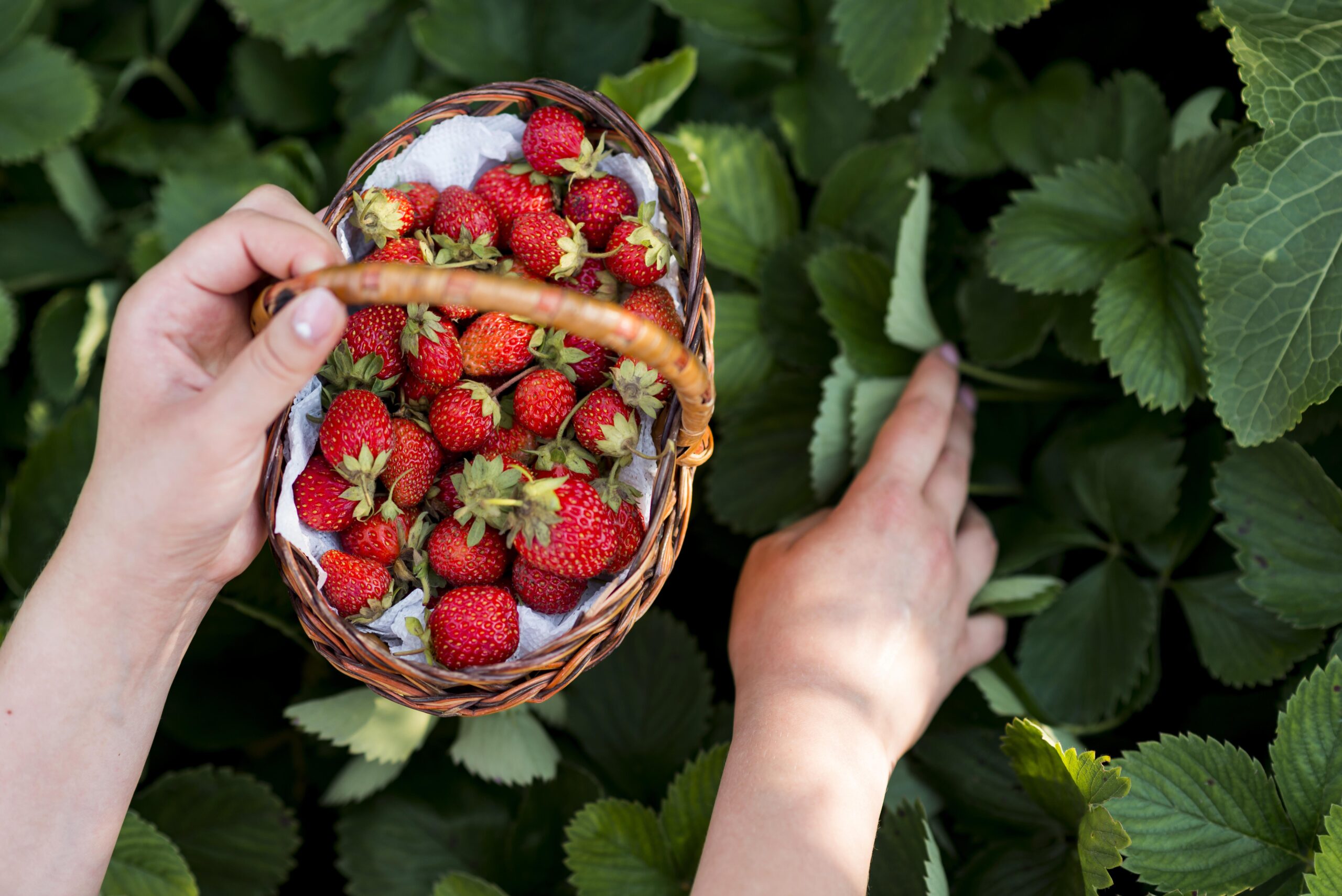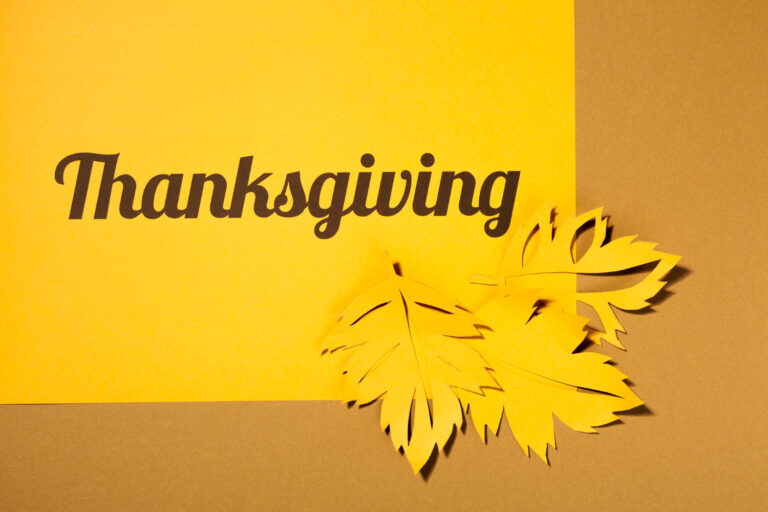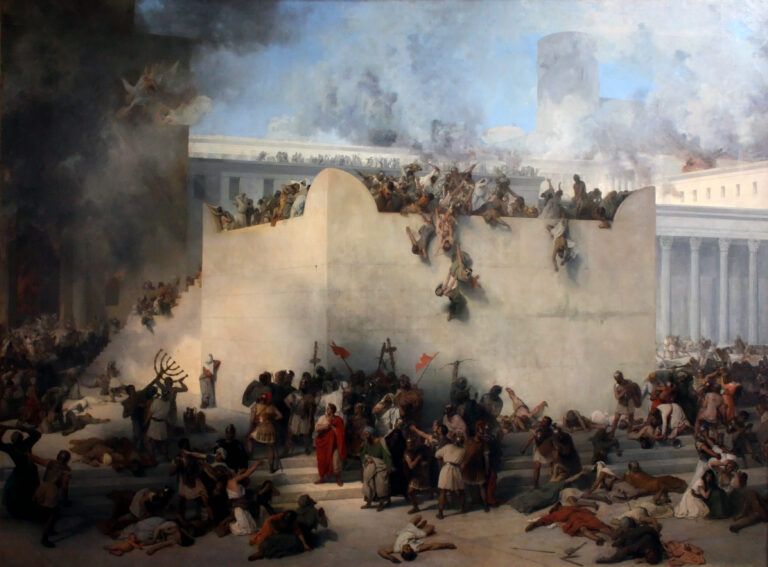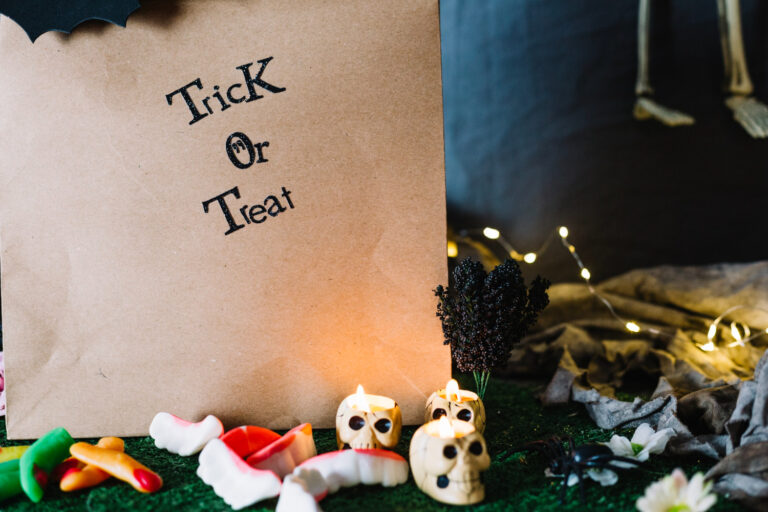Easter is Described as a Christian holiday which celebrates the resurrection of Jesus Christ, the date of celebration varies from March to April, depending on the date of the March equinox. Many worldwide gather for this major holiday for the religion to feast, attend church services, and hunt Easter eggs. Easter Sunday marks the end of Lent, which is a 40-day period of fasting and reflection. It follows Maundy Thursday and Good Friday.
Traditions
Below is a list of many traditions about Easter and how they originated.
- The Easter egg hunt is a tradition that originated with pagan spring festivals that celebrated fertility. Like many pagan traditions, religions intertwined the practice. Easter egg hunts feature eggs hidden by the mythical Easter bunny, which may contain candy or other prizes. Hard-boiled eggs are also be used. The children will go looking for eggs to put in their Easter egg basket. On the day before Easter, many families decorate hard-boiled eggs with paint to use for the hunt. Eggs are also part of the tradition because of the ban on eggs during lent in Medieval Europe, meaning they were often included in the Sunday feast.
- Churches are often decorated with flowers. A significant theme for Easter is rebirth, which flowers can emulate and symbolize. Traditional Easter flowers include Easter Lilies, which are believed to have grown in the Garden of Gethsemane, the site of Jesus’s arrest. Other Easter flowers include pussy willows, daffodils, narcissuses, and red tulips, which symbolize Jesus’s shed blood.
- Including the candy hidden inside of Easter eggs, many children are given a basket of goodies at the day’s beginning. A common gift is a chocolate bunny.
Countries all over the world celebrate the holiday differently. Italy holds reenactments of the Easter story held in the public squares. Cyprus holds bonfires in the yards of schools and churches. In Germany, eggs are set in trees, called Easter egg trees, similar to the Christmas tree.
The Czech Republic and Slovakia have several unique Easter traditions. One features the males of a family spanking females with a homemade whip decorated with ribbons. The spanking is lighthearted and is believed to bring health over the next year. The men may also dump cold water on them in some areas. It is also a day for men to pay visits to objects of their affection.
In the United Kingdom, observers participate by rolling eggs downhill and in some areas by performing the Pace Egg play, a traditional local event. A big part of Jamaican celebration is to eat a spiced bun that may contain raises with cheese. In Scandinavian countries like Norway, celebrators ski and relax at cabins in the mountains. Some areas may features children in costumes going door to door for candy or flowers. Many Nordic countries include salmon or another type of fish with the feast.
In Australia, the Easter Bilby delivers eggs rather than the Easter Bunny, as bunnies are viewed as an agricultural pest. The city of Haux, France, make an omelet big enough to feed 1000. The dish is often has about a 10 inch diameter. On the island of Corfu in Greece, residents toss pots of water out of windows, following the Venetian tradition of breaking pots in celebration. They also bake cakes in the shape of doves, called kolompines. Guyana flies homemade kites, a tradition often participated in by citizens of all religions.
Pagan Origins
In pagan celebrations, Easter was typically a celebration of fertility, and many cultures associated the celebration with the Germanic goddess of fertility, Eostre, which is where the holiday’s name came from. Some cultures called the holiday Ishtar, which celebrates the resurrection of the Tammuz, another pagan god.
The Easter Bunny is also a result of folkloric tradition. Their association with the holiday comes from their ability to procreate, making them symbols of fertility. German settlers brought the Easter Bunny tradition to America in the 1700s.
